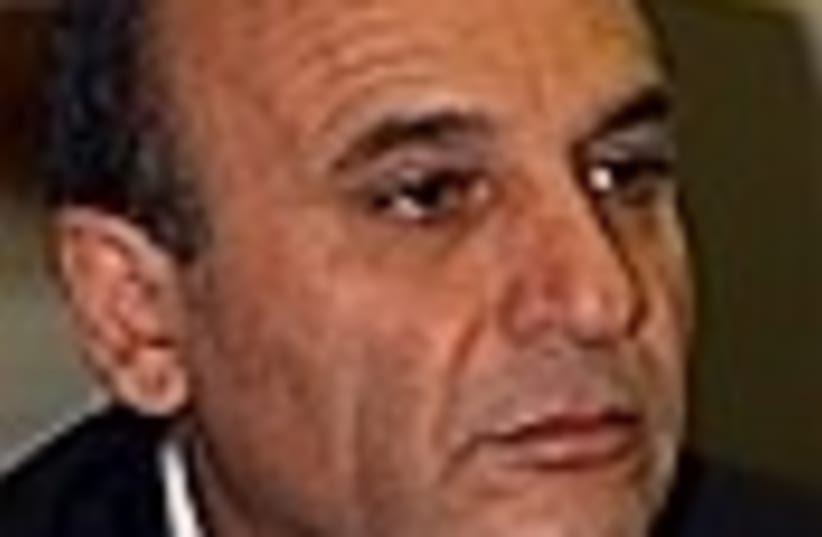| More about: | Ariel Sharon, Mahmoud Abbas, Hosni Mubarak, Dan Halutz |
Mofaz: Terror wave imminent
Cites six specific alerts of planned suicide bombings; says funding for terror groups still flowing from Damascus.


| More about: | Ariel Sharon, Mahmoud Abbas, Hosni Mubarak, Dan Halutz |